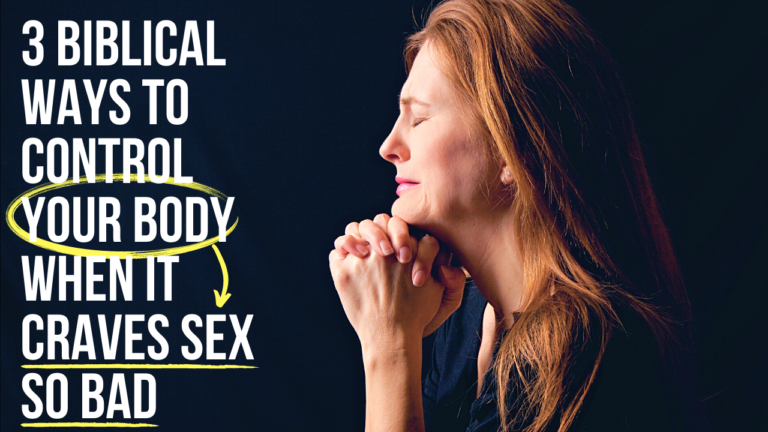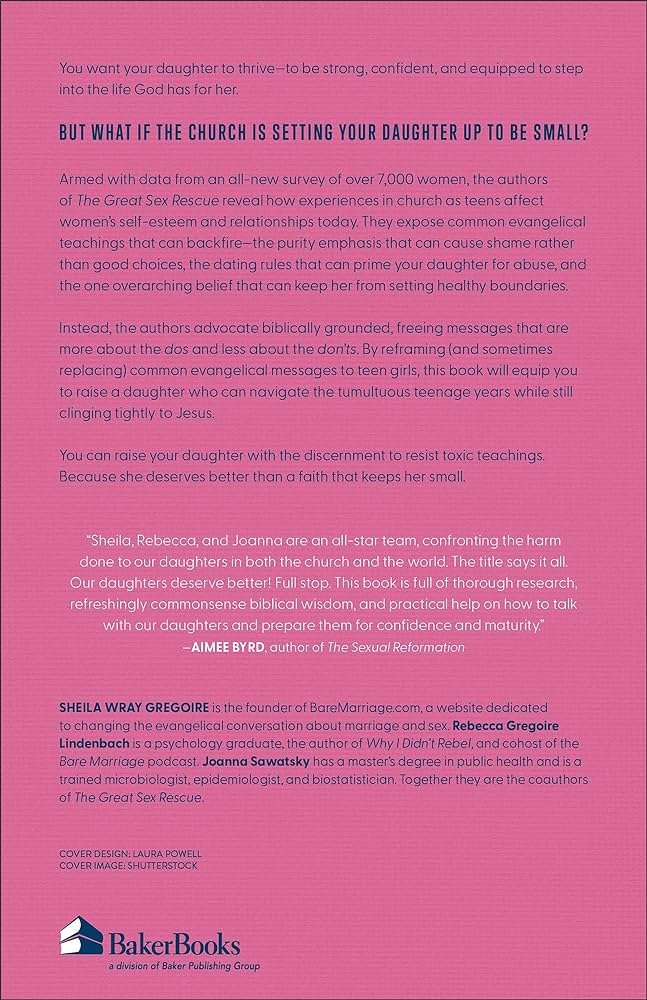What Does the Bible Say About Hermaphrodites
The Bible does not specifically mention hermaphrodites or provide direct guidance on this topic. However, it emphasizes the idea that God looks beyond outward appearance and sees the heart of a person.
This suggests that God’s love and acceptance extend to all individuals, regardless of their physical characteristics or biological makeup. In biblical teachings, the emphasis is on the importance of one’s character and relationship with God rather than their physical traits.

Credit: www.tabletmag.com
Understanding Hermaphrodites
Definition Of Hermaphrodites
The term “hermaphrodite” typically refers to individuals who possess both male and female reproductive organs or have ambiguous genitalia. This condition is also referred to as intersex. In some cases, the external genitalia may not align with the internal reproductive organs, leading to complexities in defining gender.
Historical Perspectives On Hermaphrodites
Historically, hermaphrodites have been mentioned in ancient texts and cultures, often with varying perceptions and understandings. Many ancient civilizations viewed hermaphrodites as possessing both male and female energies, symbolizing a duality of nature.
Hermaphrodites In The Bible
The Hebrew Bible And Hermaphrodites
The Hebrew Bible does not specifically mention the term “hermaphrodite” or provide explicit details about individuals with both male and female reproductive organs. However, it does refer to certain instances that may allude to the existence of individuals with intersex conditions.
One example is found in Genesis 1:27, where it states, “So God created man in his own image; male and female he created them.” This verse suggests the possibility of individuals who embody both genders within themselves.
Additionally, in Deuteronomy 22:5, it states, “A woman shall not wear a man’s garment, nor shall a man put on a woman’s cloak, for whoever does these things is an abomination to the Lord your God.” Some interpretations argue that this verse implies the recognition of gender ambiguity or intersex individuals, as it warns against blurring the distinction between male and female.
Interpretations And Views On Hermaphrodites In The Bible
The lack of explicit references to hermaphrodites in the Bible has led to various interpretations and views among biblical scholars and religious communities.
Some argue that the biblical silence on hermaphrodites indicates that they are not significant within the biblical context, while others believe that the absence of explicit mentions allows for a broader understanding and inclusivity of gender diversity.
It is important to note that understanding and interpretation of biblical texts can vary among individuals and religious denominations. Some may view intersex individuals as natural variations of human creation, deserving of acceptance and respect, while others may hold more traditional views on gender and perceive intersex conditions as challenges that need to be addressed.
In conclusion, while the Bible does not directly address hermaphrodites, it does contain verses that have been interpreted as alluding to the existence and acceptance of individuals with intersex conditions. The views on hermaphrodites in the Bible vary among biblical scholars and religious communities, demonstrating the diverse interpretations of gender and the importance of promoting inclusivity and respect for all individuals.
Biblical Perspectives On Gender And Sexuality
The Bible does not explicitly mention hermaphrodites, but it addresses the value of every individual as created by God. The focus is on loving and accepting one another regardless of their physical attributes, and emphasizing the importance of the heart over outward appearances.
When it comes to discussions on gender and sexuality, the Bible offers valuable insights that are relevant to our modern-day understanding. Many people may wonder what the Bible says about various aspects of gender diversity, including hermaphrodites. Although the term “hermaphrodite” is not explicitly mentioned in the Hebrew Bible, we can gain biblical perspectives by examining passages that touch on related topics such as birth defects and physical imperfections, as well as androgyny and transgenderism.
God’s View On Birth Defects And Physical Imperfections
The Bible acknowledges that physical imperfections and birth defects exist in the world. Rather than seeing these conditions as a sign of God’s punishment or rejection, it emphasizes that God permits such circumstances to provide opportunities for individuals to make choices, demonstrate love and service, and cultivate humility and gratitude. As GotQuestions.org states, “For the Lord sees not as man sees: man looks on the outward appearance, but the Lord looks on the heart” (1 Samuel 16:7). Thus, the Bible encourages us to focus on inner qualities and character rather than outward appearances.
The Bible’s Stance On Androgyny And Transgenderism
Although the Bible does not explicitly address androgyny or transgenderism, it does provide principles and teachings that can guide our understanding. The key emphasis is on the divine creation of male and female, as seen in Genesis 1:27: “So God created man in his own image, in the image of God he created him; male and female he created them.” This verse highlights the complementary nature of gender and affirms the intrinsic value and purpose of both males and females.
The Bible also upholds the importance of maintaining the distinction between genders. In Deuteronomy 22:5, it states, “A woman shall not wear a man’s garment, nor shall a man put on a woman’s cloak, for whoever does these things is an abomination to the Lord your God.” This verse, while not directly addressing hermaphrodites, suggests that blurring the lines between genders goes against God’s intended design.
It is essential to approach these topics with sensitivity and compassion, recognizing that individuals who identify as hermaphrodites or fall within the transgender spectrum may have unique struggles and experiences. Ultimately, the Bible calls us to love and respect all individuals, embracing our shared humanity and focusing on inner virtues rather than external labels or appearances.
Credit: www.quora.com

Credit: creation.com
Frequently Asked Questions For What Does The Bible Say About Hermaphrodites
Is Hermaphrodites Mentioned In The Bible?
The Bible does not directly mention hermaphrodites, but later rabbinic texts use the term “tumtumim” to describe individuals with indeterminate or “hidden” sex. God allows physical imperfections and birth defects as opportunities for growth and choice.
What Does God Say About Birth Defects?
God permits birth defects to provide opportunities for growth and choice in mortality.
Are There True Human Hermaphrodites?
Yes, true human hermaphrodites exist, a condition where both male and female reproductive organs are present.
What Gender Is Hermaphrodites?
Hermaphrodites have both male and female gonads and their gender assignment is usually preferentially as males.
Conclusion
In God’s eyes, our hearts matter more than outward appearance. The Bible may not specifically mention hermaphrodites, but it emphasizes love and acceptance. We are all unique creations, deserving of understanding and respect. Let us approach differences with kindness and empathy, reflecting God’s unconditional love for all.















